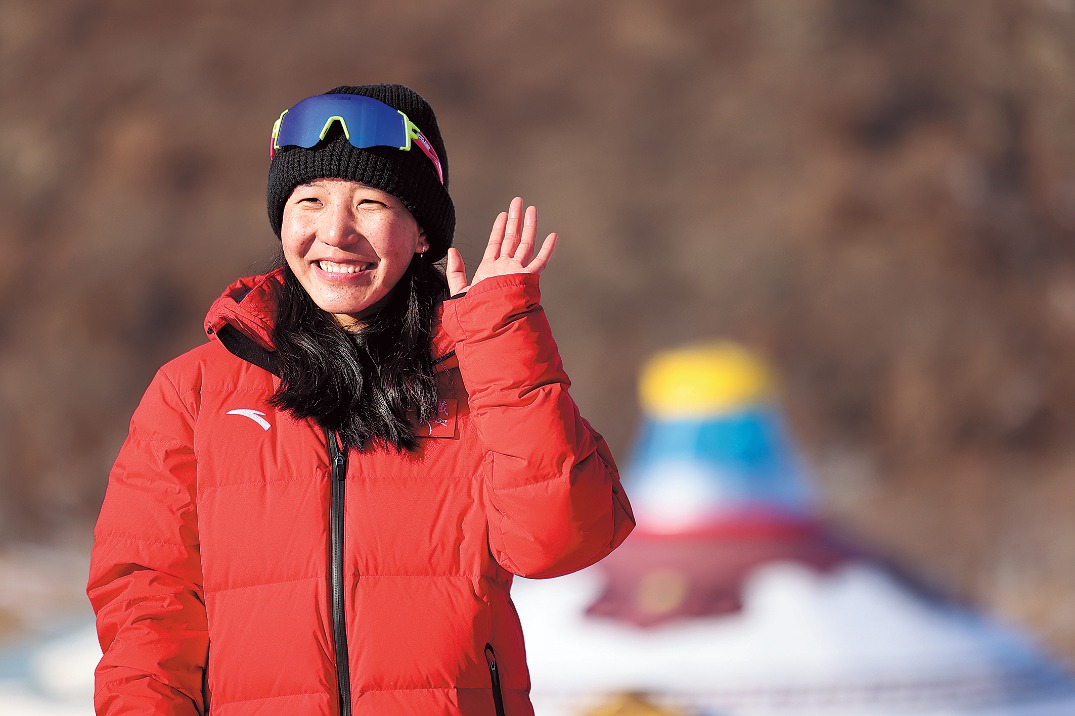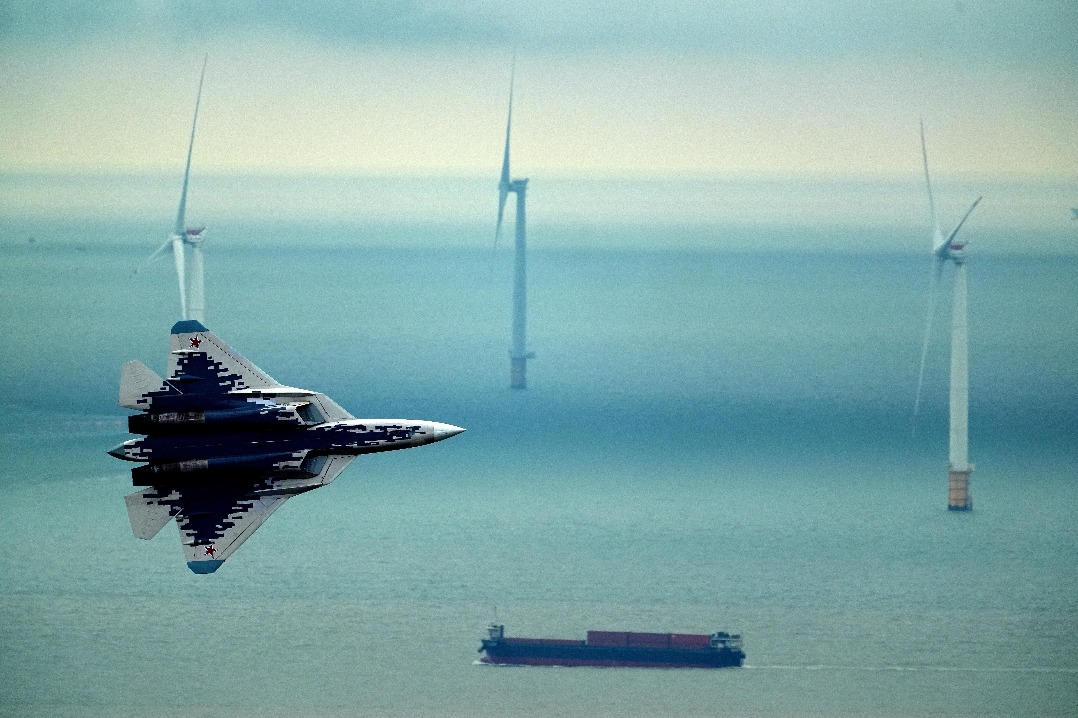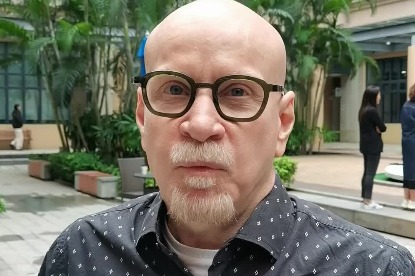Xi urges new PM of Japan to boost ties

In congratulatory message to Kishida, he calls for enhancing cooperation
President Xi Jinping sent a message to Fumio Kishida on Monday, congratulating him for his success in being elected Japan's 100th prime minister.
Xi said that, as China and Japan are close neighbors, advancing their good-neighborly, friendly and cooperative relations serves the crucial interests of the two countries and their peoples and is also conducive to the peace, stability and prosperity of Asia and the world.
China and Japan should stay true to the principles set out in the four landmark China-Japan political documents, Xi said.
The two countries should strengthen dialogue and communication, enhance mutual trust and cooperation, and strive to build China-Japan ties that meet the needs of the new era, he added.
Also on Monday, Premier Li Keqiang sent a message congratulating Kishida on his election victory in parliament.
Li said the two sides should champion their political consensus, strengthen exchanges and cooperation, and advance bilateral relations in a healthy and steady manner to stay on the right track.
As bilateral diplomatic ties were normalized in 1972, Li added that the two countries should jointly embrace the upcoming 50th anniversary of the normalization of relations.
Kishida took office as Japan's 100th prime minister on Monday, replacing all but two of the 20 Cabinet posts under his predecessor, Yoshihide Suga, and eyeing a general election for the country's lower house of parliament on Oct 31.
With the Liberal Democratic Party-led ruling coalition holding a majority in both chambers of Japan's parliament, Kishida, who became the LDP's new president last week, won the premiership by a comfortable margin against Yukio Edano, head of the Constitutional Democratic Party, the largest opposition party.
The 64-year-old former foreign minister garnered 311 votes in the 465-seat lower chamber, the House of Representatives, and 141 of 241 votes in the upper chamber, the House of Councillors.
"This is the real starting point. I will go forth with a strong sense of determination, with a strong resolution," Kishida said.
Following his appointment, Kishida announced the members of his Cabinet, with 13 of them being posted to ministerial level for the first time.
Suga's Cabinet members had resigned en masse earlier on Monday, but they continued to serve as acting ministers until the new Cabinet was appointed.
In a move to show the continuity of Japan's diplomacy and security policies, Kishida kept Toshimitsu Motegi as foreign minister and Nobuo Kishi, who is former prime minister Shinzo Abe's younger brother, as defense minister.
Former finance minister Taro Aso was replaced by his 68-year-old brother-in-law, Shunichi Suzuki, and 46-year-old Takayuki Kobayashi was introduced to a new Cabinet post in charge of Japan's economic security.
Three women-Noriko Horiuchi, Karen Makishima and Seiko Noda-have joined Kishida's Cabinet. Horiuchi will be vaccination minister, replacing Taro Kono, the runner-up in the party's leadership race.
Kishida, the first prime minister from the LDP's Kochikai faction in around 30 years, said during a news conference on Monday that he plans to dissolve the lower house on Oct 14 to hold elections on Oct 31. Local media said the move would take advantage of the honeymoon period usually accorded to new governments.
Yu Qiang, a researcher of Japan studies at the University of International Relations in Beijing, said: "First, he could use the fresh image of his party and Cabinet to rally support. Second, the current number of coronavirus infections in Japan guarantees him a good atmosphere."
Japan has experienced a sharp decline in COVID-19 cases in recent weeks, with over 60 percent of the country's population fully vaccinated.
On Monday, Tokyo confirmed 87 new cases, marking the first time since November last year that the count has fallen below 100.
A poll published on Sunday by Japanese newspaper Yomiuri Shimbun found that 64 percent of respondents wanted the LDP to stay in power.
Kishida, who served as Japan's foreign minister from 2012 to 2017 under Abe, gained an image during that time as a dovish moderate good at building consensus.
In 2016, he helped arrange the visit to Hiroshima by then United States President Barack Obama, the first time a sitting US president had visited the site of the World War II atomic bombing.
- China solicits opinions on guideline for data infrastructure development
- 43 CPV soldiers' remains, belongings to be returned soon
- Henan emerges as logistics hub for Latin American trade
- COP29 climate financing negotiations in stalemate
- American scholar witnesses Macao's significant transformation
- More martyrs' remains to be returned to China from ROK




































